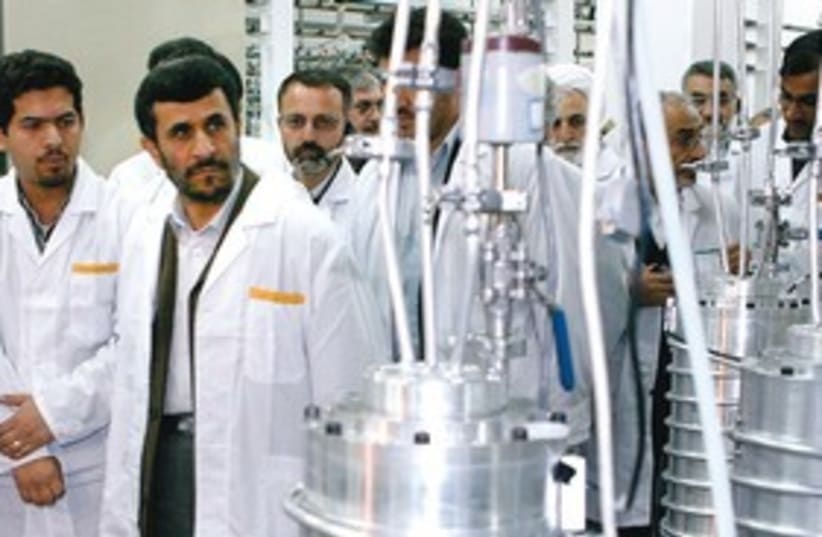'Iran, not al-Qaida, biggest Mideast threat to US'
US military official warns of Iranian threat "to our interests and to our friends," days before release of UN report on Tehran's nuclear program; Sarkozy: France won't stand by if Israel's existence is threatened.
